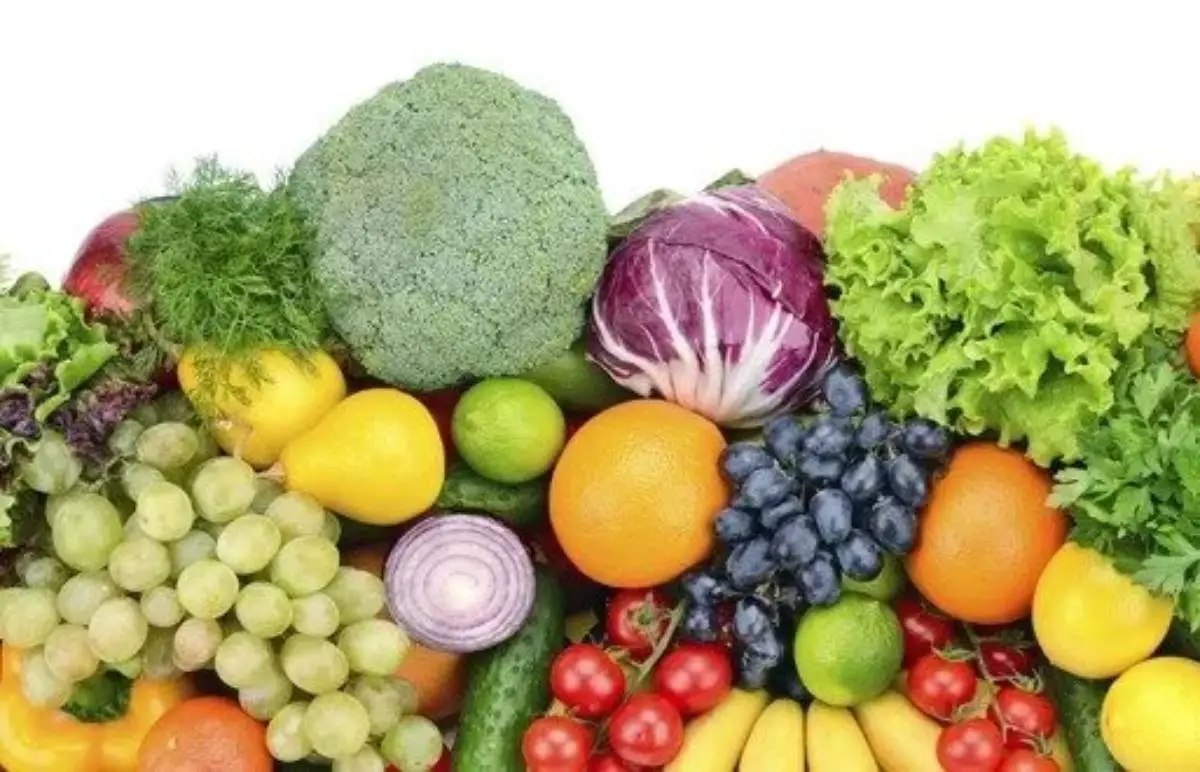
Swapping Meat With Veggies Can Lower Carbon Emissions By A Quarter
NEW DELHI, (IANS) – Switching meat with more vegetables and fruits may help reduce the greenhouse gas emissions from household groceries by more than a quarter (26 percent), according to a new study on May 28.
In the study, researchers from the George Institute for Global Health and Imperial College London showed that swapping a frozen meat lasagna for a vegetarian option could push the reduction to as much as 71 percent.
“Dietary habits need to change significantly if we are to meet global emissions targets, particularly in high-income countries like Australia, the UK, and the US,” lead author and epidemiologist Dr Allison Gaines said.
However, she lamented that even though many people “are willing to make more sustainable food choices”, they “lack reliable information to identify the more environmentally friendly options”.
For the study, published in the journal Nature Food, the team calculated the projected emissions of annual grocery purchases from 7,000 Australian households using the information on ingredients, weights, and production life cycles. The results showed that making switches within the same sub-categories of foods could lead to emission reductions of 26 percent in Australia, equivalent to taking over 1.9 million cars off the road.
Dr Gaines stressed the “need to put emissions information onto product labels”. Importantly, she said that the swapping may also prove to be healthy and nutritious.
In the study, the team found that meat products led to almost half (49 percent) of all greenhouse gas emissions, but only 11 percent of total purchases. Conversely, fruit, vegetables, nuts, and legumes represented one quarter (25 percent) of all purchases, but were responsible for just 5 percent of emissions.
“We found swapping would lead to a slight reduction in the proportion of ultra-processed foods purchased, which is a positive outcome because they’re generally less healthy,” Dr Gaines said.




